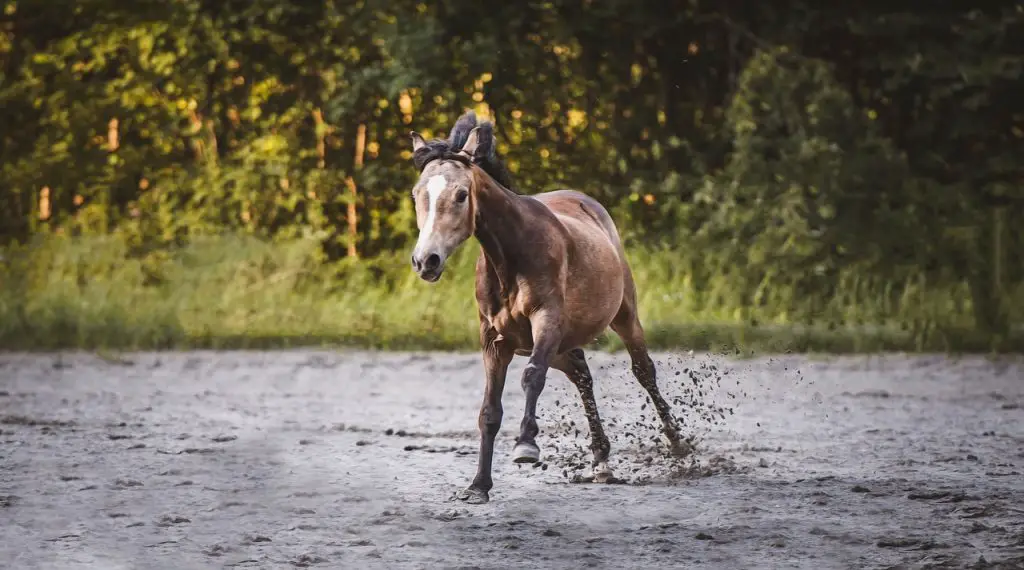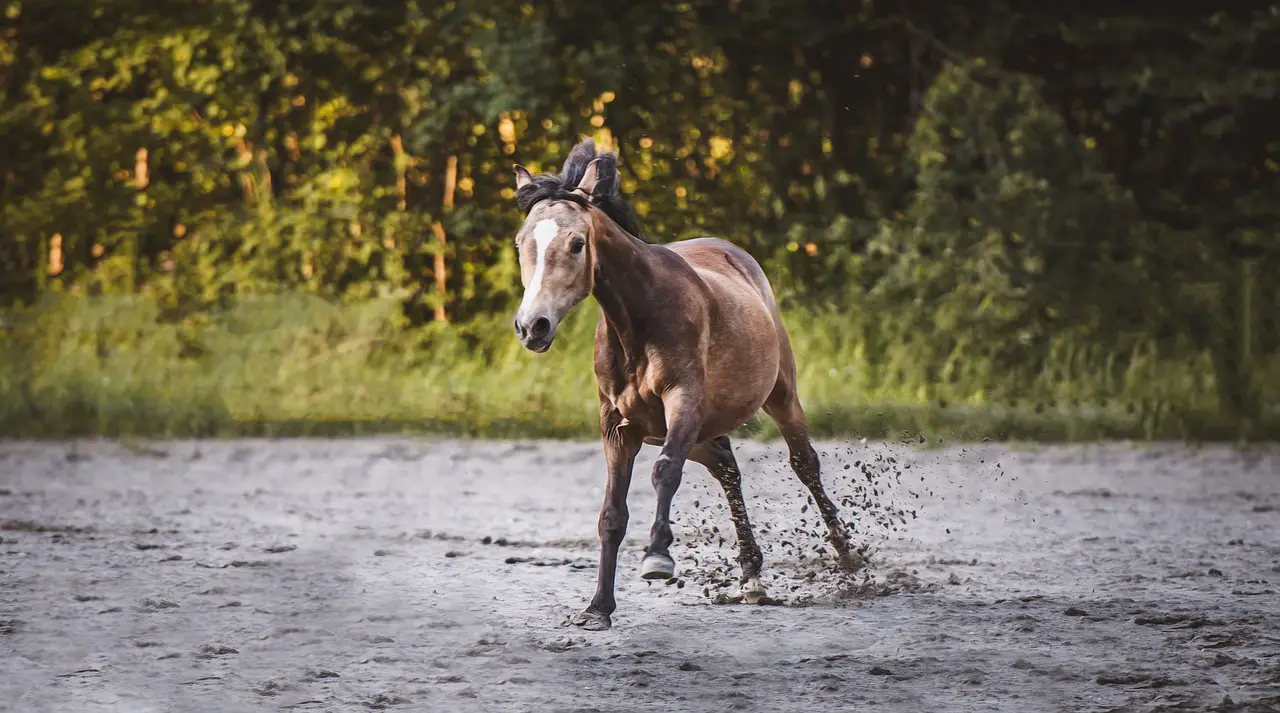Last Updated on March 8, 2022 by Allison Price
Are you familiar with the following: “My horse is being a jerk”, “my mare has always had dominance and now she’s napping at the school”, “my colt has started rearing on her way to the field”, “my TB is really stubborn”
It’s dark, wet, cold in the UK right now. When things don’t go as planned, it can be frustrating. Social media can be a great way to share your feelings and connect with others going through similar situations.
Although it is a good feeling to be able to share our feelings with others, this can make it difficult for us to find a solution.
Why?
First, this language is restrictive. What we call “being a Jerk” isn’t a behavior, it’s how we feel about a series of behaviours. But it creates a mental image that reflects the personality of the horse – we label the horse. This leads to a narrow mind-set. The horse does it because it’s what he likes. We don’t really think about it. This argument is circular as well. He does it because it’s what he likes, and we know that he’s not a good person because he does it.
We are less likely to believe that a complete solution can be found. If we have leading problems, we might get a pressurehalter. If we have problems with tying up outside of the stable, we may groom inside the stable. We’ll work around the behavior because it’s part of the horse’s personality.

Second, this type of language can subconsciously create a negative mental image in the minds of those reading it. They haven’t seen the horse and don’t know what to do so they just use this as a guideline. If the horse is being called a jerk or has done xyz, most of the advice is conflict-based and does not give the horse any consideration.
This type of advice can lead to multiple problems.
- It’s not fair and ethical. Check out the humane hierarchy
- It’s not always safe for horse or human. If a horse is already showing fear/stress/anxiety-motivated behaviour, shouting, hitting, moving his feet, etc. is not going to calm it down. The horse will likely escalate the situation before (possibly) giving in.
- Because the cause of the behavior has not been addressed, other issues are likely to arise sooner or later (further cementing that horse is a “jerk”).
- This advice is commonplace as it encourages the use of force and punishment.
How can we make things different for different results?
First, we must accurately describe the behavior when we are looking at it. What did the horse do? What was the context before this? What was the context? What was the horse trying achieve?
This list contains great words to avoid when describing behaviours.
These examples frame the problem differently and can lead to a different type of response. The second example shows how to describe the behavior. This helps us organize our thoughts and allows us to draw our own conclusions.
Description 1 “My horse acts like an impatient brat, and bangs on the doors.” What can I do to stop it?
Solutions “Nail a rug to the door”, “Water gun”, Hang thistles on your door”, “Pawing bracelets”.
Description 2 “The horse banged at the stable door after arriving at the yard this evening. They were already standing at the stable door, their ears pointing forward. Before they began banging, they looked at me several times and quickly turned their heads to the side. It was 5.30pm and their haynet was empty. The horses opposite had just been fed. The horse was hungry.
Solution “Come to a deal with the person who gave the other horses food to put in something for yours; give more hay or use trickle nets to prolong the life of the hay – horses are wired to process food continuously; they don’t like meals.”
It is important to be realistic with horses’ thinking and motivations. They don’t think about how they make us feel, but only about the consequences. They don’t think that if they do x, she will feel ashamed, embarrassed, frightened, or angry. Instead, they feel that it is “bad” and need to make changes. They don’t “test us”, “seeing if they can get away” or “being dominent” (dominance doesn’t apply to horse/human relationships). They just act the way they feel.
Horses’ behavior is different from ours. They can communicate their feelings and thoughts with words, but they need to show us how to behave. We owe them so much and they are so generous with us. It can make our lives a lot easier and safer.



